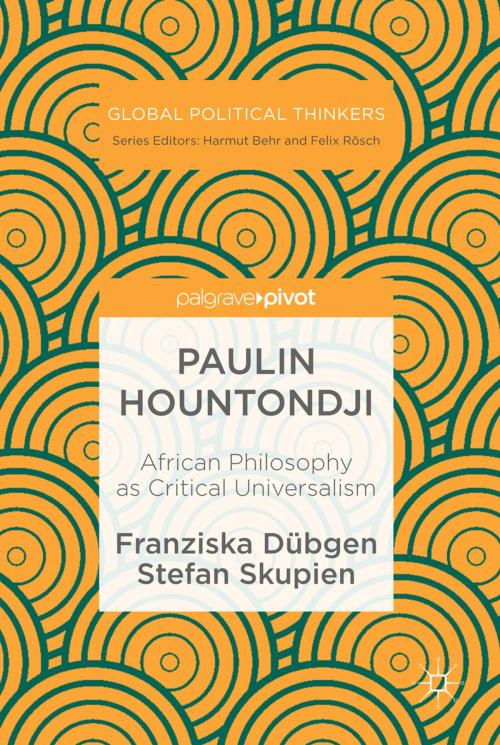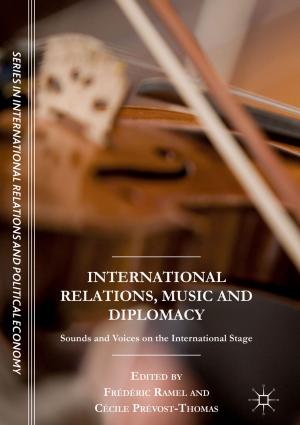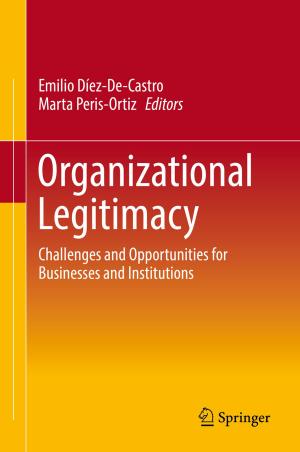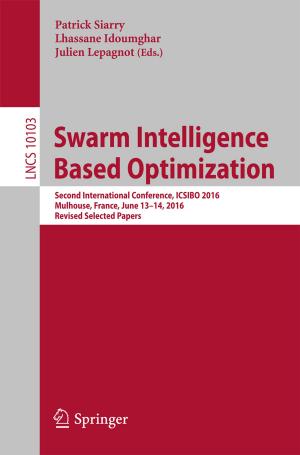Paulin Hountondji
African Philosophy as Critical Universalism
Nonfiction, Social & Cultural Studies, Political Science, International, International Relations| Author: | Franziska Dübgen, Stefan Skupien | ISBN: | 9783030019952 |
| Publisher: | Springer International Publishing | Publication: | December 18, 2018 |
| Imprint: | Palgrave Pivot | Language: | English |
| Author: | Franziska Dübgen, Stefan Skupien |
| ISBN: | 9783030019952 |
| Publisher: | Springer International Publishing |
| Publication: | December 18, 2018 |
| Imprint: | Palgrave Pivot |
| Language: | English |
Paulin J. Hountondji is one of the most important and controversial figures in contemporary African philosophy. His critique of ethnophilosophy as a colonial, exoticising and racialized undertaking provoked contentious debates among African intellectuals on the proper methods and scope of philosophy and science in an African and global context since the 1970s. His radical pledge for scientific autonomy from the global system of knowledge production made him turn to endogenous forms of practising science in academia. The horizon of his philosophy is the quest for critical universality from a historical, and situated perspective. Finally, his call for a notion of culture that is antithetical to political movements focused on a single identitarian doctrine or exclusionary norms shows how timely his political thought remains to this day. This book gives a comprehensive overview of Hountondji’s philosophical arguments and provides detailed information on the historical and political background of his intellectual oeuvre. It situates Hountondji in the dialogue with his African colleagues and explores links to current debates in philosophy, cultural studies, postcolonialism and the social sciences.
Paulin J. Hountondji is one of the most important and controversial figures in contemporary African philosophy. His critique of ethnophilosophy as a colonial, exoticising and racialized undertaking provoked contentious debates among African intellectuals on the proper methods and scope of philosophy and science in an African and global context since the 1970s. His radical pledge for scientific autonomy from the global system of knowledge production made him turn to endogenous forms of practising science in academia. The horizon of his philosophy is the quest for critical universality from a historical, and situated perspective. Finally, his call for a notion of culture that is antithetical to political movements focused on a single identitarian doctrine or exclusionary norms shows how timely his political thought remains to this day. This book gives a comprehensive overview of Hountondji’s philosophical arguments and provides detailed information on the historical and political background of his intellectual oeuvre. It situates Hountondji in the dialogue with his African colleagues and explores links to current debates in philosophy, cultural studies, postcolonialism and the social sciences.















